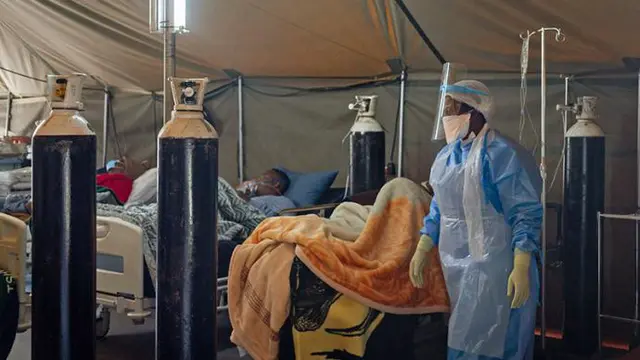The European Union (EU) has to increasingly invest in cancer prevention that is the best way to fight this widespread and deadly illness, EU health ministers agreed during a two-day informal meeting that concluded here Tuesday.
More than 2.5 million citizens in the EU are struck by cancer every year, thus generating a huge impact on health services and costs. Experts say, however, that prevention and early screening might have avoided one in three cancers.
"The large majority of EU member states, or 25 out of 28, have in place a national cancer control plan to prevent, detect, treat and conduct research on cancer," EU Health Commissioner Tonio Borg told a press conference Tuesday.
As many as 500 million screening examinations for breast, cervical and colorectal cancer are forecast in the EU for the period 2010-2020, he noted.
But much more needs to be done, as it is well known that lack of physical activity, bad eating habits, tobacco consumption and alcohol abuse are at the roots of cancer, Borg stressed.
New regulations, projects and information campaigns centered on the various aspects of healthy lifestyle can make a decisive difference, he said.
Though the informal talks were not meant to produce effective decisions, they were a precious opportunity to discuss more openly about what needs to be done to address a problem which is expected to become even more serious in rapidly aging Europe, he noted.
"I have set a target, which is reducing incidence of cancer by 15 percent by the year 2020," Borg said. Over the last 10 years the incidence of cancer in the EU has been reduced by 10 percent, therefore the commissioner believed that 15 percent is a "reachable target."
"This target is very ambitious and highlights the need for more prevention, which is the real medicine against cancer," Italian Health Minister Beatrice Lorenzin, who chaired the meeting in the country which currently holds the EU rotating presidency, said.
Lorenzin underlined that citizens and health systems have much to win from this shift in focus from treatment to prevention, which must concern all aspects of life, from schools to work places and public spaces.
On Tuesday, the first meeting of a Cancer Experts Committee established by the European Commission (EC) to rely on a scientific and technical support was also held in Milan, in a new effort to support this trend.
Education, for example, plays a fundamental role in preventing that smoking becomes a fashion for teenagers, Lorenzin went on saying.
Statistics have shown that nearly 80 percent of smokers have started this unhealthy habit before 18 years of age. "We have to pay attention to all details of society, starting as early as possible from role models for young people," she stressed.
 简体中文
简体中文

